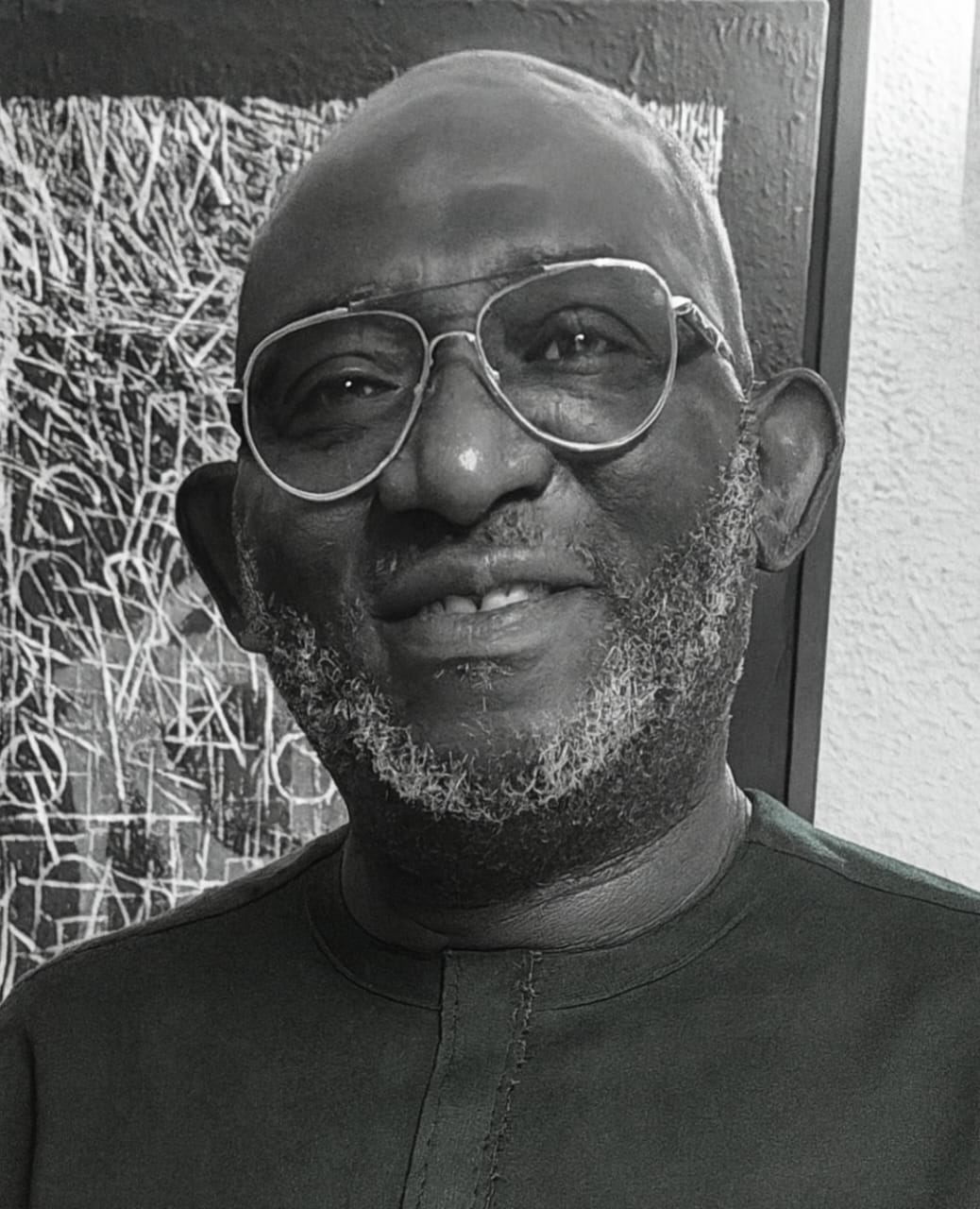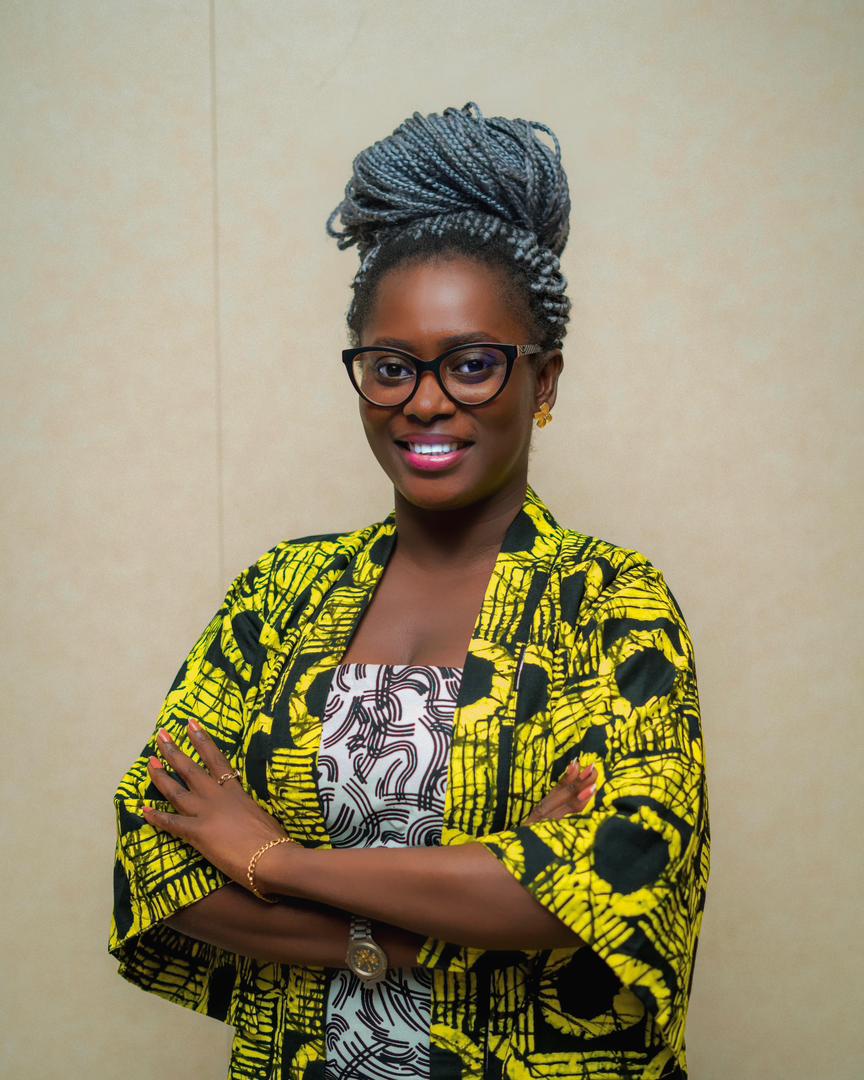The traditional creative ecosystem in Nigeria, characterized by linear value chains and gatekeeping mechanisms, must evolve into an intellectual property-driven economy to capture the global potential of Nigerian cultural influence, according to industry expert Remi Ogunpitan.
Call for Transformation
Speaking at the 2025 edition of the MARKETING EDGE National Marketing Stakeholders’ Summit themed “AI Integration: Leveraging New Technologies to Achieve Business Objectives,” Ogunpitan, Founder of IBST Limited, outlined the fundamental transformation reshaping Nigeria’s creative landscape.
He addressed the disruption of traditional creative structures, noting that the conventional ecosystem where “work is typically defined by agencies through the brief, the pitch, the production, and the placement” is being dismantled by digital democratization.
Breaking Traditional Gatekeeping
Ogunpitan explained how the traditional ecosystem functioned as a linear value chain.
“The traditional creative ecosystem has always been a linear value chain where few players have controlled access to audiences, creating a barrier to entry. Gatekeeping by ad agencies, broadcasters, and record labels has limited who could create and who could distribute content,” he said.
Digital Democratization of Creativity
The IBST founder emphasized how digital platforms have revolutionized content creation and distribution.
“Creators can now reach audiences directly through social platforms – YouTube, TikTok, Instagram, Boom Play, AudioMac.
The tools that used to cost millions are now affordable. You can make content with smartphones,” he stated.
Shift in Content Valuation
He highlighted the changing standards of value in creativity. “Engagement, community, and cultural resonance are more important now than polished productions, which are less expensive.
We are able to drive our decisions with data and analytics instead of guesswork,” he noted.
Diversification of Revenue Models
Transitioning to revenue, he pointed out the expansion beyond traditional advertising. “The revenue streams are very diversified – OTT streaming, subscriptions, microtransactions in the social media world, influencer partnerships, licensing, and changing ownership models,” he said.
Nigeria’s Creativity on the Global Stage
The industry expert positioned Nigerian creativity within a global context. “Nigerian creativity is now part of a global content economy. From Nollywood to Afrobeats, our digital art, our literature, our art – it’s all going global,” he stated.
Call for Intellectual Property Economy
However, he warned against holding on to outdated models.
“We must stop thinking of creativity as a service industry and we need to see it as an intellectual property economy.
The next wave of value is not going to be in polished-looking ads that are inauthentic.
It’s going to be in scalable stories that can travel cross-platform,” Ogunpitan emphasized.
Key Drivers for the Future
He outlined three critical understanding points for the industry’s success.
“First, Nigeria’s biggest creative export is going to be our cultural influence.
It’s going to be up to us to challenge ourselves on how we capture and monetize that influence systematically,” he explained.
“Second, data is the new currency of creativity. If we can measure attention, if we can measure engagement, if we can measure impact, then we can make money from it,” he continued.
AI as a Creative Partner
Addressing concerns about artificial intelligence, he advocated for collaboration rather than competition.
“We need to take on AI not as replacing creativity, but as a collaborator working as a partner in redefining the speed at which we work, our ability to scale and personalize content,” he said.
Optimistic Outlook for Creatives
Ogunpitan concluded with confidence in Nigerian creators’ potential. “If we can do all of that, I think we will be able to give Nigerian creators an edge globally.”







Comment
No comments found.